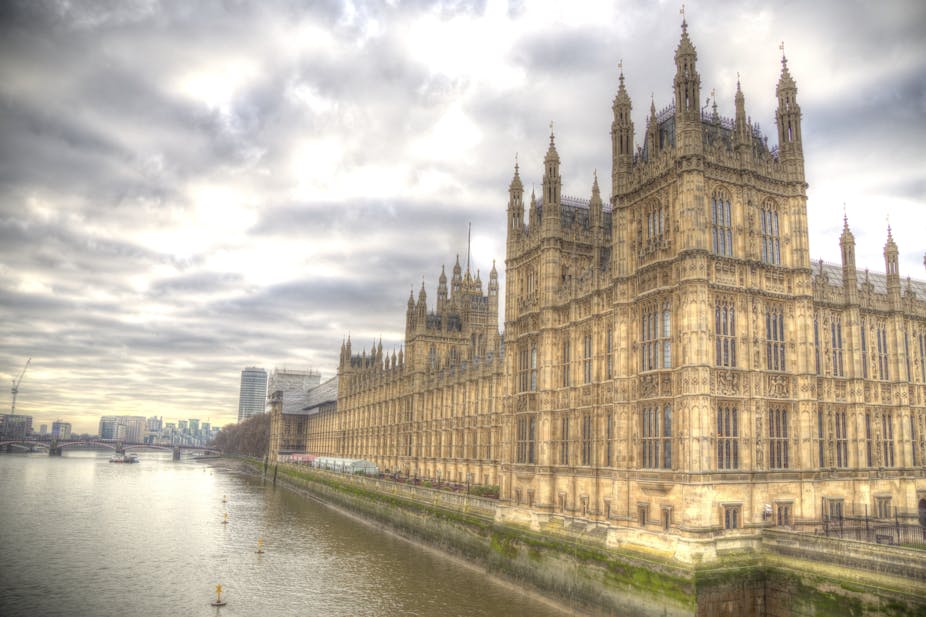When MPs gathered together in the House of Commons to debate a Labour motion on the parliamentary scrutiny of leaving the EU, it laid bare the divide between those wanting greater attention paid to Brexit and those who claim enough is already happening.
This was an opposition day debate; one of the 20 days set aside in the parliamentary calendar for discussion of a topic chosen by the opposition parties rather than something which has been planned by the government.
The government claims, and continued to claim in this debate, that it is going out of its way to let Parliament scrutinise its Brexit work. David Davis, the minister at the helm of the Brexit ship, insisted that he was not “running scared” of MPs.
With the prime minister also caving in to parliament’s demands for the chance to formally debate the government’s Brexit strategy, there is much more of this to come. And this is definitely not something to be sniffed at. Debates in parliament are important. They allow MPs from across the political spectrum to debate the motion which is put before them.
That said, set piece debates on Brexit won’t necessarily give us much opportunity to hear from the government about its strategy. A minister will only speak at the very beginning and end of the debate and the majority of the content of these speeches will have been prepared in advance.
The government has made it clear that parliament must not undermine its negotiating position. So there is unlikely to be a formal vote in the House of Commons before article 50 is triggered – despite the case beginning in the high court.
What these debates will do is provide MPs with a platform to tell the government what they think the strategy should be and to showcase their key concerns.
The real nitty gritty
But there is another way that parliament will seek to find out the government’s secret Brexit plan. The creation of a new Brexit select committee in parliament, established to shadow the Department for Exiting the European Union, is a much more exciting development. Its membership is still to be confirmed, but it will contain MPs from all parties (except, it seems, UKIP) and like all select committees, the chair will be elected by MPs. That means the government can’t simply shoo-in its preferred candidate. We know it will be a Labour MP – and that former shadow foreign secretary Hilary Benn has put his name forward.
So we can be fairly confident of some robust scrutiny from this committee. We can also expect the government ministers responsible for negotiating the crucial Brexit deals, including Davis, to come before it on a regular basis.
They won’t have an easy ride once in the hotseat. Select committees have worked hard over the past decade to carve out a role for themselves as rigorous watchdogs. Just look at how Margaret Hodge and the Public Accounts Committee tore into HSBC bosses and how the Treasury Select Committee even managed to get an apology out of them for their tax-avoidance practices.

They’ve got a good chance, then, of getting answers to some of the 170 questions that Labour sent to David Davis yesterday. When the committee launches inquiries, they will be open for the submission of written evidence – from government, from businesses, from interested groups, and from the public, too.
The prime minister may be unwilling to give a “running commentary” on Brexit plans and negotiations, but we can be confident that the select committee will. Like all parliamentary tools, they’re by no means perfect, but the committee is likely to shed more light on the government’s Brexit strategy than the parliamentary debates will. So we should definitely keep a close eye on it.

